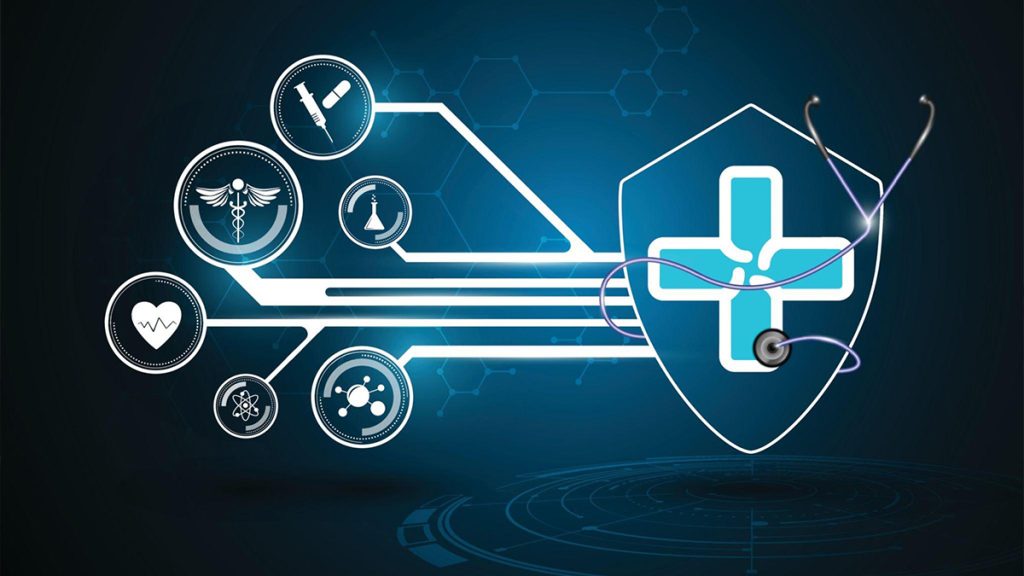Introduction:
In an era where efficiency and accuracy are paramount, the healthcare industry is increasingly turning to advanced technologies to enhance patient care and optimize operational workflows. Enterprise Resource Planning (ERP) systems, once predominantly associated with manufacturing and finance sectors, are now making significant inroads into healthcare. By integrating various aspects of healthcare management into a unified platform, ERPs are revolutionizing the way healthcare organizations operate. In this blog, we will explore the benefits of implementing ERP in the healthcare industry and how it paves the way for a healthier future.
Enhanced Operational Efficiency:
An ERP system brings together diverse functions such as patient management, inventory control, billing, scheduling, and more under a single, integrated platform. By automating routine tasks and eliminating manual data entry, healthcare providers can streamline operations, reduce administrative burdens, and minimize the risk of errors. This leads to improved productivity, efficient resource allocation, and cost savings.
Seamless Data Integration:
Healthcare organizations generate massive amounts of data daily, which can be overwhelming to manage and analyze. ERP systems enable seamless integration of data from various departments, such as electronic health records (EHRs), laboratory results, pharmacy orders, and financial data. This centralized data repository empowers healthcare professionals with real-time access to accurate patient information, enabling faster decision-making, improved collaboration, and a comprehensive view of the patient’s medical history.
Optimal Resource Allocation:
Effective resource management is crucial for delivering high-quality healthcare services. ERP systems provide comprehensive insights into inventory levels, equipment maintenance schedules, and staff availability. By leveraging these insights, healthcare organizations can optimize resource allocation, reduce wastage, and ensure that the right resources are available at the right time. This results in improved patient care, reduced waiting times, and enhanced patient satisfaction.
Enhanced Financial Management:
Healthcare institutions face unique financial challenges, including complex billing processes, insurance claims, and revenue management. ERP systems automate financial functions, such as invoicing, accounts payable/receivable, and financial reporting, enabling accurate and timely financial management. By streamlining financial processes, healthcare organizations can improve revenue cycle management, reduce billing errors, expedite insurance claim processing, and ultimately enhance financial stability.
Compliance and Security:
Data security and regulatory compliance are critical in the healthcare industry. ERP systems incorporate robust security measures and ensure adherence to industry standards, such as HIPAA (Health Insurance Portability and Accountability Act) regulations. By centralizing data storage and implementing secure access controls, ERPs mitigate the risk of data breaches and unauthorized access, safeguarding patient information and maintaining compliance.
Data Analytics and Decision Support:
With the increasing availability of healthcare data, the ability to derive meaningful insights becomes paramount. ERP systems equipped with advanced analytics tools enable healthcare professionals to analyze vast amounts of data, identify trends, and gain actionable insights for clinical and operational decision-making. From predictive analytics to population health management, ERP systems provide a data-driven approach to improving patient outcomes and operational efficiency.
Conclusion:
In the healthcare industry, where precision and efficiency are essential, implementing an ERP system offers numerous benefits. By integrating various functions, streamlining operations, and enabling data-driven decision-making, ERPs revolutionize healthcare management. From enhanced operational efficiency and seamless data integration to improved resource allocation and financial management, ERP systems pave the way for a more effective and patient-centered healthcare ecosystem. Embracing ERP technology in healthcare is not just a step forward; it’s a leap toward a healthier future.
